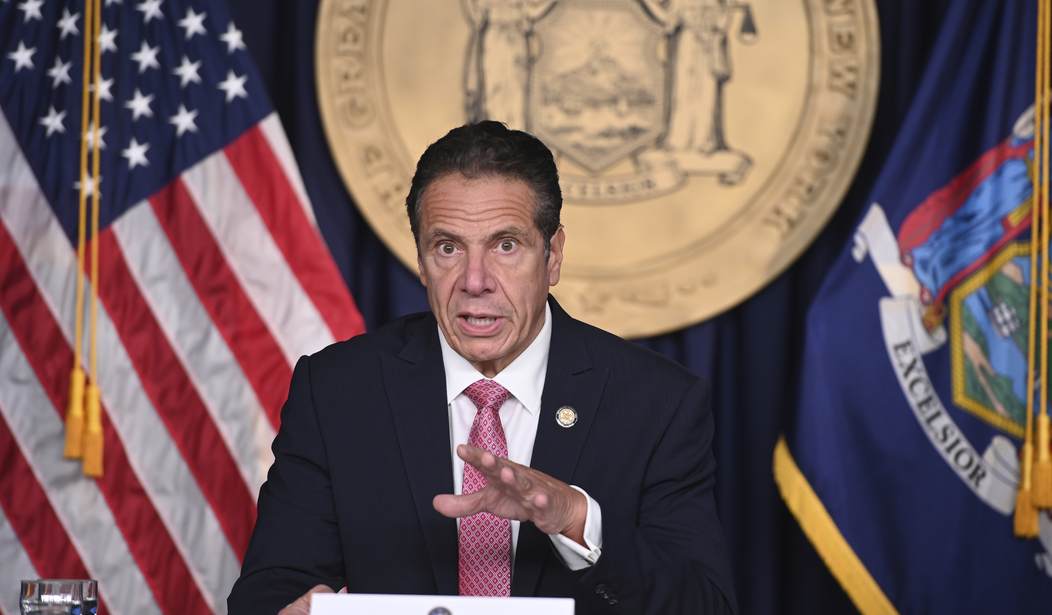On Monday, a panel of the 2nd Circuit Court of Appeals upheld an injunction against Gov. Andrew Cuomo’s (D-N.Y.) COVID-19 orders placing strict limits on houses of worship in hot spots. The 2nd Circuit panel agreed with the Supreme Court that Cuomo’s order likely does not satisfy the high standard of strict scrutiny and therefore violates the First Amendment.
“No public interest is served by maintaining an unconstitutional policy when constitutional alternatives are available to achieve the same goal,” Judge Michael Park wrote in the opinion. “The restrictions challenged here specially and disproportionately burden religious exercise, and thus ’strike at the very heart of the First Amendment’s guarantee of religious liberty.’ Such a direct and severe constitutional violation weighs heavily in favor of granting injunctive relief.”
In the 3-0 decision, the panel upheld the claims of the Roman Catholic Diocese of Brooklyn, the Orthodox Jewish group Agudath Israel of America, and two synagogues. The ruling enjoined Cuomo’s October 6 order capping attendance at “houses of worship.”
Cuomo capped attendance at either 10 people or 25 percent capacity, whichever is lesser, in “red” zones, and 25 people or 33 percent capacity in “orange” zones, even in buildings that seat hundreds.
While previous rulings had supported Cuomo’s order, the Supreme Court granted an injunction against the order by a 5-4 majority.
“In light of the Supreme Court’s decision, we hold that the Order’s regulation of ‘houses of worship’ is subject to strict scrutiny and that its fixed capacity limits are not narrowly tailored to stem the spread of COVID-19. Appellants have established irreparable harm caused by the fixed capacity limits, and the public interest favors granting injunctive relief,” the 2nd Circuit panel ruled.
In the opinion, Park noted that Cuomo “has not asserted that his categorization of businesses as ‘essential’ or ’non-essential’ was based on any assessment of COVID-19 transmission risk.” He also argued that Cuomo did not use data or compare religious worship with “essential” activities.
Cuomo has claimed that the Supreme Court’s ruling had no practical effect because some restrictions were lifted as COVID-19 outbreaks eased.
Avi Schick, a lawyer for Agudath Israel, said Monday’s decision “will be felt way beyond the COVID context. It is a clear statement … that government can’t disfavor religious conduct merely because it sees no value in religious practice.”
Randy Mastro, the diocese’s lawyer, said the diocese was “gratified,” and will welcome parishioners to mass “under strict protocols” that keep them safe.
Tyler O’Neil is the author of Making Hate Pay: The Corruption of the Southern Poverty Law Center. Follow him on Twitter at @Tyler2ONeil.









Join the conversation as a VIP Member